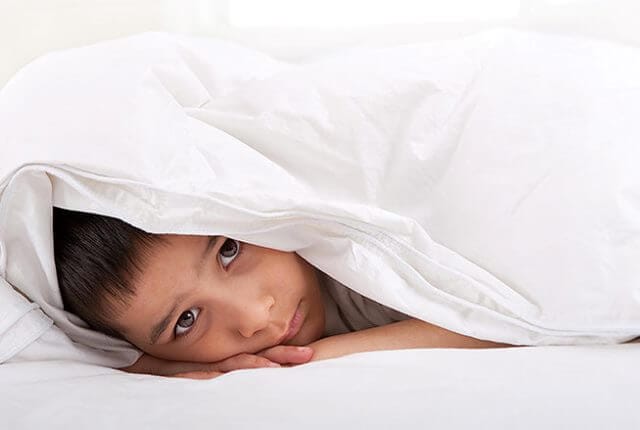
Top Five Bedwetting Myths
Last Updated on April 1, 2024 by chummie
Top Five Bedwetting Myths
Bedwetting is a common problem in children all across the world. Parents tend to hear different things about bedwetting and rarely speak to a professional due to the nature of the topic. Outlined below are the top 5 frequent misconceptions on bedwetting and ways to improve your child’s outlook on his or her problem.
Myth 1: My child is lazy
Your child is typically not lazy to wake up in the middle of the night to use the bathroom. However, your child may be a deep sleeper that his or her brain has yet to build the connection between bladder signals and waking up. So, using a bedwetting alarm can help your child develop the brain and bladder connections overtime and help your child get up before they start wetting the bed and slowly, they stop bedwetting permanently.
Myth 2: Victim blaming
“It’s not my fault!” “I didn’t know!” Are some of the key phrases your child might use when explaining to you what happened. It is not his or her fault; nobody chooses to wet the bed at night. Using positive reinforcement will help your child feel less ashamed and more motivation to successfully achieve dry nights. Negative reinforcements can cause harm to your child’s self-esteem. Children could internalize those negative phrases and see themselves as a burden to you.
Myth 3: Is it medical?
Not every single case of bedwetting is medical related. Primary bedwetting is natural, it occurs in about 26 million American children. However, only 1 to 2% of those individuals have secondary bedwetting, which can be related to urinary tract infections. As your child gets older, their bladder will mature and be able to provide better signals to the central nervous system.
Myth 4: No treatment needed; my child will outgrow bedwetting
Bedwetting is a problem which much be addressed. If untreated, bedwetting can last several years or even go into adulthood. There are many bedwetting solutions which can be effective and helpful. You should discuss with your doctor to see which one is recommended. Most bedwetting treatments work well and have long pasting positive results.
Myth 5: Prescription medications will help end bedwetting
Medicines such as DDVAP and Tofranil can help prevent bedwetting causes; however, all medications come with some side effects. Additionally, relapse rates for medicines are high because they do not condition the brain to actively use the bathroom rather it either synthesizes more anti-diuretic hormones or relaxes the bladder to improve control during nighttime. For a successful treatment so stop bedwetting, try a wearable alarm like the Chummie Premium Bedwetting Alarm or the Chummie Elite Bedwetting Alarm. Optionally, you can also try a or Bbedside alarm like the Chummie Pro Bedwetting Alarm because they condition your child’s brain to establish a connection with the bladder.
Visit Chummie – The World’s Best Bedwetting Alarm for buying a bedwetting alarm tips, advice and support.







No Comments
Sorry, the comment form is closed at this time.